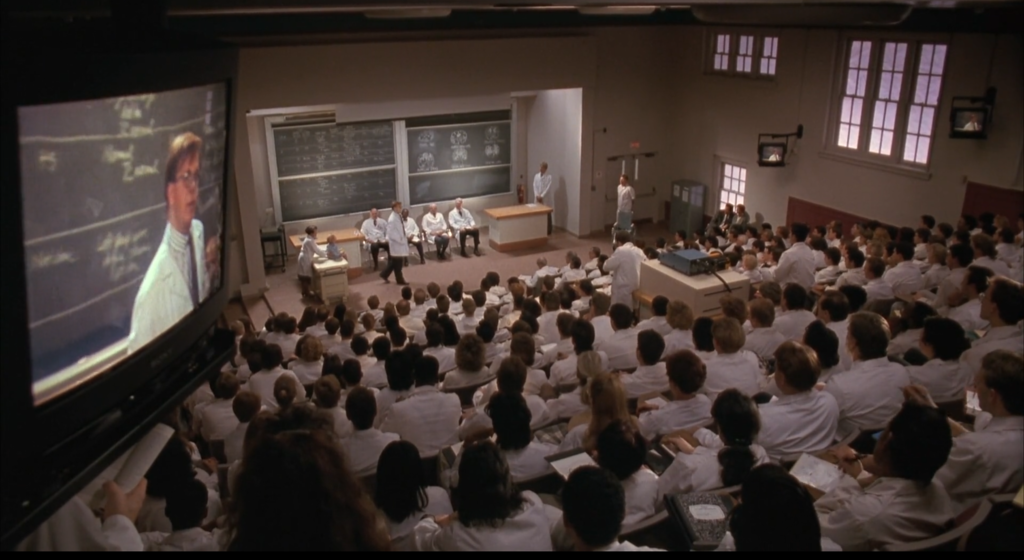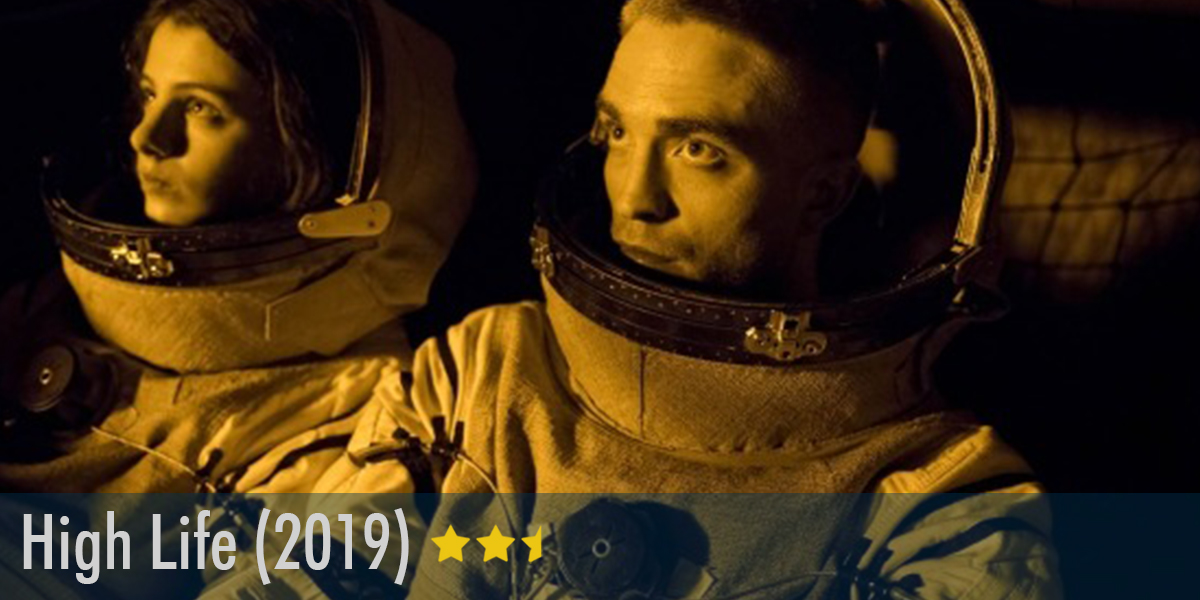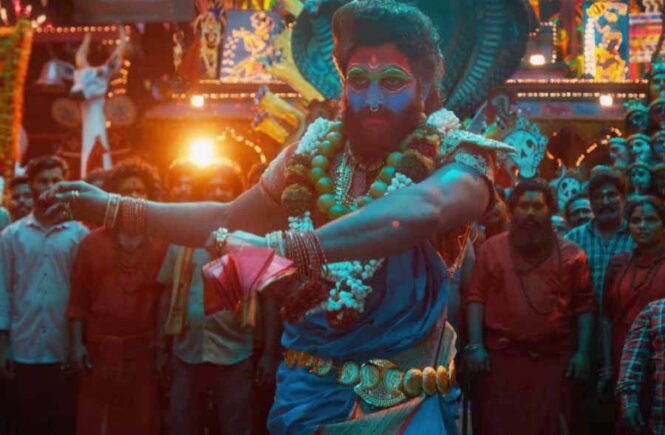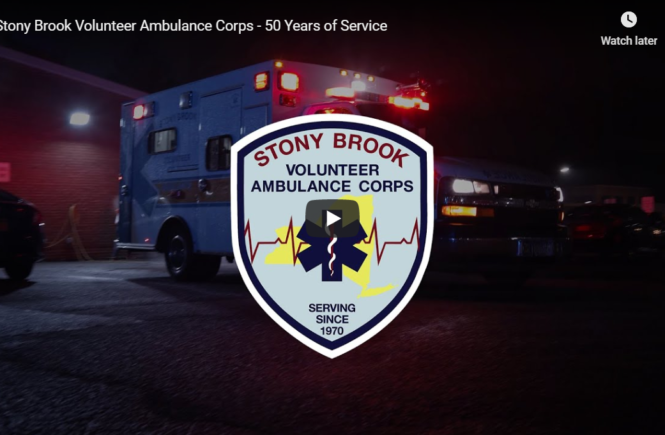
Lorenzo’s oil is not only the name of the film, but is an actual treatment used for a rare inborn error of metabolism known as Adrenolueukodystrophy, or more simply abbreviated ALD. The film tells the true story of a family that fought against all the odds to find this treatment for their son, Lorenzo Odone (played by Zack O’Malley Greenburg).
Lorenzo Odone’s parents, Augusto (Nick Nolte) and Michaela Odone (Susan Sarandon), are shattered at Lorenzo’s diagnosis – they are told there is no cure for ALD and that he will die in a few years. They try to bring their son to the best doctors, but quickly realize that they don’t have all the answers. They try integrating with a community organization dedicated to serving families with ALD kids, but their concerns and pleas are brushed off. When they try to argue about treatments, they are reminded that they aren’t doctors. Trust the science they say, but Lorenzo is getting worse. Not knowing what to do, they take science into their own hands and begin learning everything they can about the disease. Like any parent, they don’t want their kid to die, and they will do everything in their power to save him.
Augusto and Michaela are met with disbelief and rejection at every step of their journey to finding the treatment, and perhaps not without good reason. When Augusto and Michaela talk to another family with ALD about the changes that have made in Lorenzo’s diet and how it had been helping him, they are met with skepticism. Just because a certain diet change worked on one kid doesn’t mean it’s going to work on every kid, the other family didn’t want false hope. Even the doctors had warned Augusto and Michaela to not talk to other parents about what they were doing before all the science was in, but that takes a lot Augusto and Michaela are met with disbelief and rejection at every step of their journey to finding the treatment, and perhaps not without good reason. When Augusto and Michaela talk to another family with ALD about the changes that have made in Lorenzo’s diet and how it had been helping him, they are met with skepticism. Just because a certain diet change worked on one kid doesn’t mean it’s going to work on every kid, the other family didn’t want false hope. Even the doctors had warned Augusto and Michaela to not talk to other parents about what they were doing before all the science was in, but that takes a lot of time and ALD patients don’t have that. If you had information that could potentially save another kids life, wouldn’t you want to share it? Who are the doctors to say what you can and can’t do to help your kid when even they don’t know how to help. Then again, are the doctor and researchers so wrong because they want to act conscientiously? The film tackles these tough questions in beautifully human ways. The Odone’s aren’t portrayed as a crazy family trying to go against the system, but parents simply trying to get all the information they can to help their kid. They patiently ask questions to the doctors and listen, even though Augusto must occasionally rephrase the more passionate Michaela. The heart wrenching performances of Nick Nolte and Susan Sarandon makes it hard to not fall for the pain the Odone’s go through. When they eventually crack the code to Lorenzo’s Oil, I couldn’t help but cheer for them. Even when they go on to give this non-FDA approved treatment to other ALD parents, it made all the sense in the world to me. They didn’t want other kids to suffer in the same way their kid had.

The film is directed by George Miller, who was once a physician himself. Perhaps this is why the film hits so close to home for me as a medical student who is currently studying these genetic diseases. There is a scene in the film where Lorenzo is brought out into a lecture hall filled with medical professionals. He is made to sit on an examination table as one of the physicians begins to show the class different characteristics of the disease. Though the physician in the film had gotten Lorenzo’s permission to do this, Lorenzo seemed taken aback by all the white coats in the room and clearly didn’t know what he was getting into. When Lorenzo asks who all these people are, the physician tells him that these doctors are here to learn from him so that they can go on to help other kids with ALD. Though the film takes place in the 1980s, this is still something that happens to this day; however, these “patient presentations” are now driven more by the patients and their stories rather than the physicians and their diagnoses. Though it’s an incredibly invaluable experience for us medical professionals to have, the scene really made me consider how uncomfortable something like this must have been for Lorenzo – to have who he is reduced to a disease or disability. This lack of autonomy is one of the many reasons why Augusto and Michaela turn away from medicine and decide to go after the treatment themselves. And it’s one of the many ways in which the film shows how inadequate the medical community can be in addressing and dealing with these patients and their families.
“Lorenzo’s Oil” may not be a casual watch, but as a future medical provider it taught me a lot. Not just about what families with these diseases must go through, but also of things not to do or say as a doctor. Lorenzo Odone, died in 2008 when he was 30 years old. When he was diagnosed at 5 years, the doctors didn’t think he would live very long. There is a beautiful montage at the end of the film that shows many kids with ALD who would not have to suffer the same neurological consequences that Lorenzo suffered from all because of Lorenzo’s Oil.




